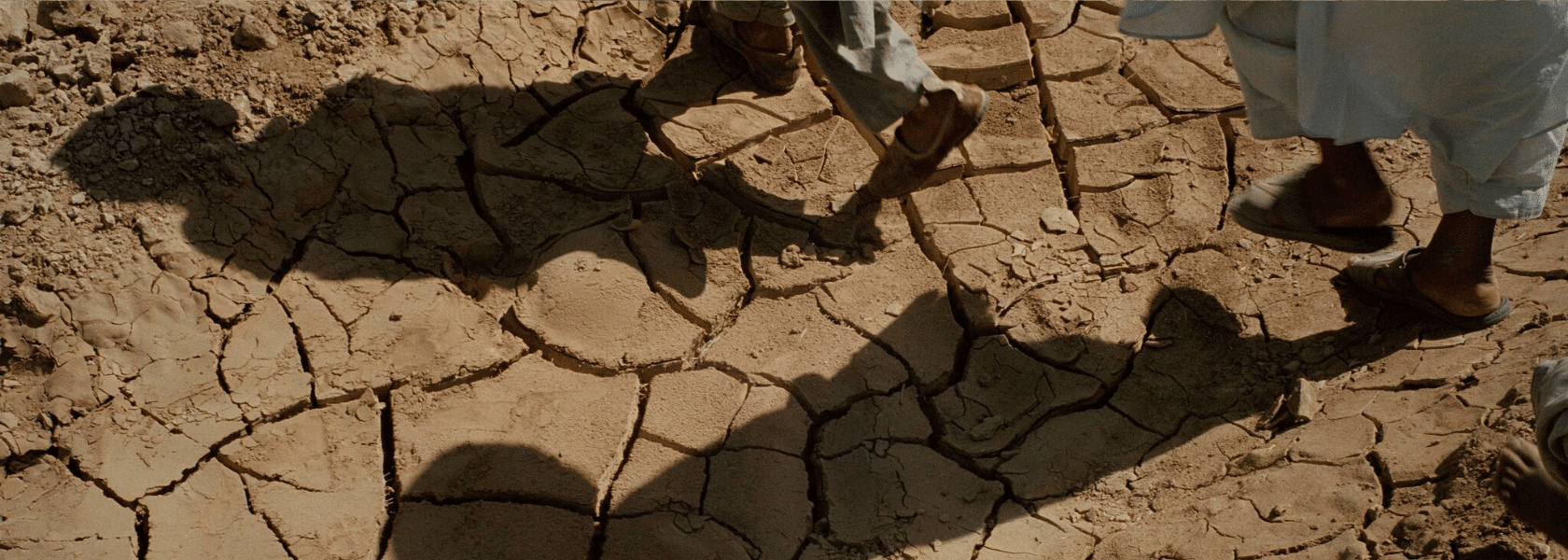
Thursday, 5 March 2020
The Appeals Chamber of the International Criminal Court (ICC) unanimously decided to authorise an investigation into war crimes and crimes against humanity allegedly committed on the territory of Afghanistan.
Today’s decision also authorises the Court’s Prosecutor to investigate alleged acts of torture committed under the Central Intelligence Agency (CIA) Torture Programme in Afghanistan and in black sites situated on the territory of other States Parties, including Romania, Lithuania and Poland. The International Federation for Human Rights (FIDH) and its member organisation Armanshahr/OPEN ASIA welcome this monumental decision, which restores confidence in the Court’s integrity and ability to redress the gravest of crimes, regardless of who committed them.
In 2017, thousands of victims expressed their overwhelming support for the ICC to investigate the atrocious crimes committed against them. In 2019, the Pre-Trial Chamber decided to reject such an investigation, on the basis that it would not ”serve the interests of justice”.
“Today’s decision is a pivotal moment for victims in Afghanistan and beyond,” said Armanshahr/OPEN ASIA Executive Director and FIDH Vice President Guissou Jahangiri.
“Victims have waited a long time for justice, and while last year’s decision had left victims in despair, the Appeals Chamber today helped restore their faith in the Court to investigate the truth and to hold those responsible to account”.
Guissou Jahangiri, FIDH Vice President
The Appeals Chamber found that the Pre-Trial Chamber’s rejection of the investigation failed to take into account the gravity of crimes and the interests of victims. Specifically, it found that it is not for the Pre-Trial Chamber to determine that an investigation is in the interests of justice and, in particular, that the Pre-Trial Chamber’s decision to consider issues such as State cooperation and budgetary constraints was “cursory and speculative”.
This assessment reflects submissions made to the Appeals Chamber in November 2019 by FIDH, Armanshahr/OPEN ASIA, together with seven Afghan and international partner organisations. The organisations criticised the erroneous reasoning of the Pre-Trial Chamber which failed to adequately take into account the interests of victims and the Court’s raison d’etre: putting an end to impunity and providing victims with access to justice.
“Last year’s decision was a blow not only to the credibility of the court, but to victims and the broader fight against impunity globally,” declared Alice Mogwe, FIDH President.
“Today, justice prevailed over realpolitik. The Appeals Chamber’s decision sends a crystal clear message that no one is above the law and that the Court will not succumb to politicial pressure and attempts to frustrate its work. This renews our belief in the Court as an institution of justice, not politics.”
Alice Mogwe, FIDH President
In response to ICC Prosecutor Fatou Bensouda’s attempt to open an investigation into the CIA torture programme, the US administration blatantly threatened the Court and its staff, and invoked measures such as a US travel ban against the ICC Prosecutor.
“It is imperative that States Parties to the ICC and the international community as a whole fully support the ICC and protect it against political pressure and interference. This will uphold the Court’s integrity and renew the credibility of the vow made by the global community to not let crimes of serious concern go unpunished,” said Amal Nassar, FIDH Representative to the ICC.
Background
The Office of the Prosecutor announced the preliminary examination in the situation in Afghanistan in 2007. On 20 November 2017, the Prosecutor sought authorisation from Pre-Trial Chamber II to investigate alleged crimes against humanity and war crimes on the territory of Afghanistan since 1 May 2003 by Afghan government forces and authorities as well as the Taliban and affiliated groups. The Prosecutor also requested to investigate war crimes allegedly committed by US armed forces on the territory of Afghanistan and by members of the CIA in secret detention facilities in Afghanistan and on the territory of other States Parties, namely Poland, Romania and Lithuania, since 1 July 2002 and principally in the period of 2003-2004.
On 12 April 2019, the Pre-Trial Chamber decided against the opening of an investigation into the situation in Afghanistan, finding that an investigation would not serve the “interests of justice”. In reaching its conclusion, the Chamber cited the Court’s limited cooperation and resources, the complexity and volatility of the political climate in the Afghanistan situation and the time lapsed since the crimes occurred. The Pre-Trial Chamber also argued that the prospects of successful prosecutions was highly unlikely, and that authorising an Afghanistan situation would therefore go to the detriment of other scenarios before the ICC.

